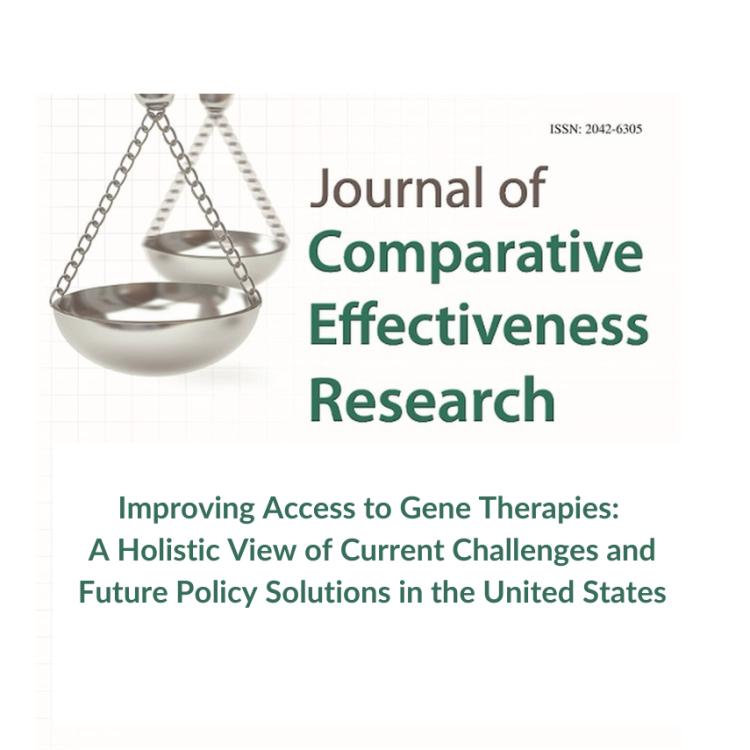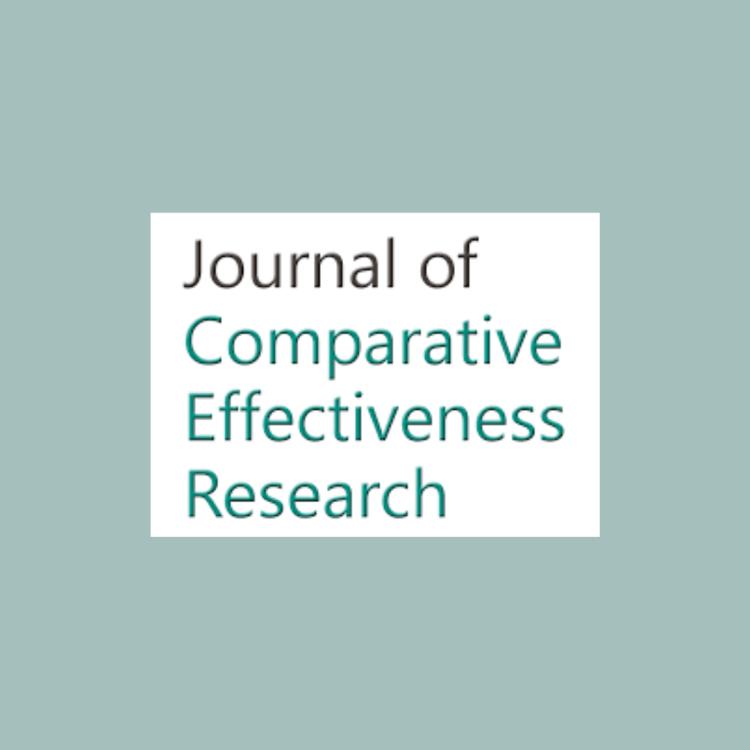AUTHORS
Tyler D. Wagner, PharmD, PhD; Lisabeth Buelt, MPH; Kimberly Westrich, MA; and Jonathan D. Campbell, PhD, MS
PUBLICATION
Journal of Comparative Effectiveness Research
Background
Gene therapies hold the promise of delivering groundbreaking improvements in health outcomes for previously intractable diseases. These therapies possess unique characteristics that differ from traditional small molecule or biologic treatments, posing new challenges for healthcare stakeholders.
While previous analyses have predominantly focused on the payment challenges associated with emerging gene therapies, a more holistic examination reveals numerous obstacles that currently hinder optimal patient access. In the United States (US), these include production and distribution issues, logistical and treatment administration challenges and coverage and reimbursement limitations imposed by US healthcare payers.
Several opportunities exist to address these challenges and improve patient access, including:
- The use of appropriate value assessment methods
- The development of innovative payment solutions
- The removal of inappropriate access barriers imposed by payers, and
- Improving education and awareness regarding treatment availability, benefits and risks.
Moving forward, we must collectively strive for comprehensive policy and market solutions that are sensitive to the uniqueness of gene therapies to ensure their full potential is realized and these treatments are made available to those in need.

